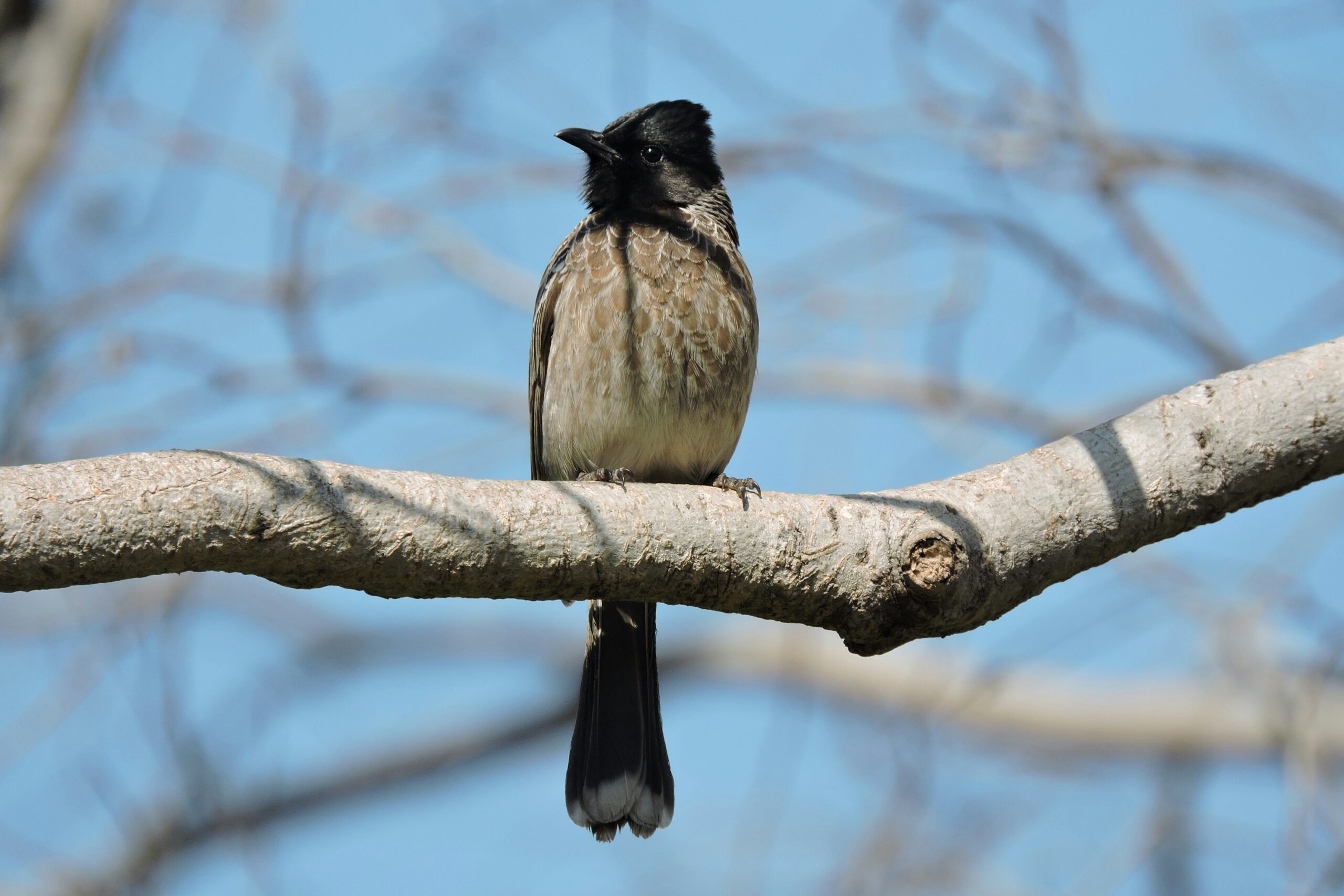India, with its vast and diverse landscapes, offers some of the best places for wildlife photography. Whether you’re an amateur photographer looking to hone your skills or a seasoned professional seeking new challenges, India provides numerous opportunities to capture stunning images of its rich fauna. Here’s a comprehensive guide on how to find the best places for wildlife photography in India, ensuring memorable experiences and exceptional photographic opportunities.
- Let’s Unlock the best places for wildlife photography in India
- Jim Corbett National Park, Uttarakhand
- Ranthambore National Park, Rajasthan
- Kaziranga National Park, Assam
- Bandhavgarh National Park, Madhya Pradesh
- Sundarbans National Park, West Bengal
- Kanha National Park, Madhya Pradesh
- Gir National Park, Gujarat
- Periyar Wildlife Sanctuary, Kerala
- Nagarhole National Park, Karnataka
- Tadoba Andhari Tiger Reserve, Maharashtra
- Hemis National Park, Ladakh
- Dachigam National Park, Jammu and Kashmir
- Chitwan National Park, Nepal (near Indian border)
- Pench National Park, Madhya Pradesh
- Conclusion
Let’s Unlock the best places for wildlife photography in India
Jim Corbett National Park, Uttarakhand
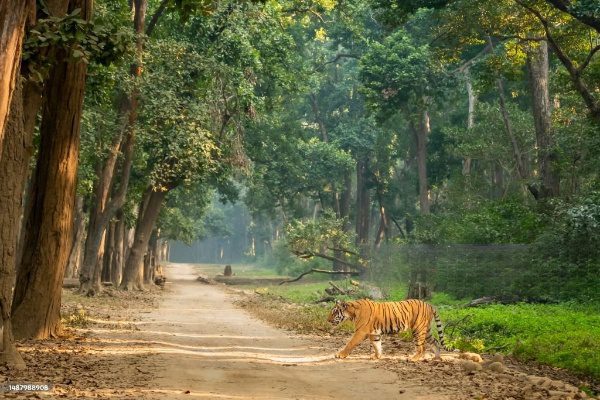
Best time to visit: November to June
Jim Corbett National Park is one of the best places for wildlife photography in India. Known for its Bengal tigers, the park also hosts a variety of other wildlife including elephants, leopards, and diverse bird species. The lush landscapes and the Ramganga River enhance the photographic experience.
Photography tips:
- Early morning and late afternoon safaris offer the best lighting.
- Carry a telephoto lens to capture distant wildlife.
Ranthambore National Park, Rajasthan
Best time to visit: October to June
Ranthambore is famous for its tiger population and is among the best places for wildlife photography in India. The park’s ancient ruins and picturesque lakes provide a unique backdrop for capturing tigers and other wildlife such as leopards, sloth bears, and a variety of birds.
Photography tips:
- Use a tripod for stability.
- Patience is key; spend time at popular watering holes.
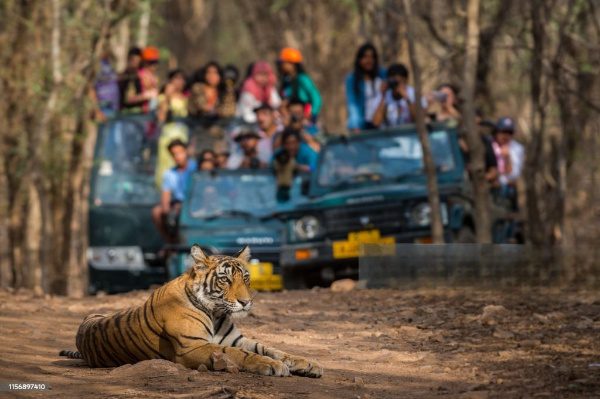
Kaziranga National Park, Assam
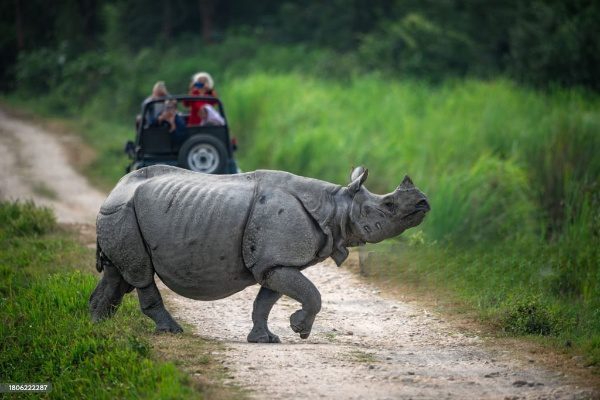
Best time to visit: November to April
Kaziranga National Park is home to the largest population of one-horned rhinoceroses, making it one of the best places for wildlife photography in India. The park also boasts elephants, wild water buffalo, and swamp deer. The lush green landscapes and misty mornings provide excellent photographic opportunities.
Photography tips:
- Use wide-angle lenses to capture the park’s vast landscapes.
- Early morning safaris are ideal for photographing rhinos.
Bandhavgarh National Park, Madhya Pradesh
Best time to visit: October to June
Bandhavgarh is renowned for having the highest density of Bengal tigers in the world, making it one of the best places for wildlife photography in India. The park’s varied terrain includes forests, grasslands, and hills, providing diverse photographic settings.
Photography tips:
- Focus on the early morning light for best shots.
- Explore different zones for varied wildlife sightings.
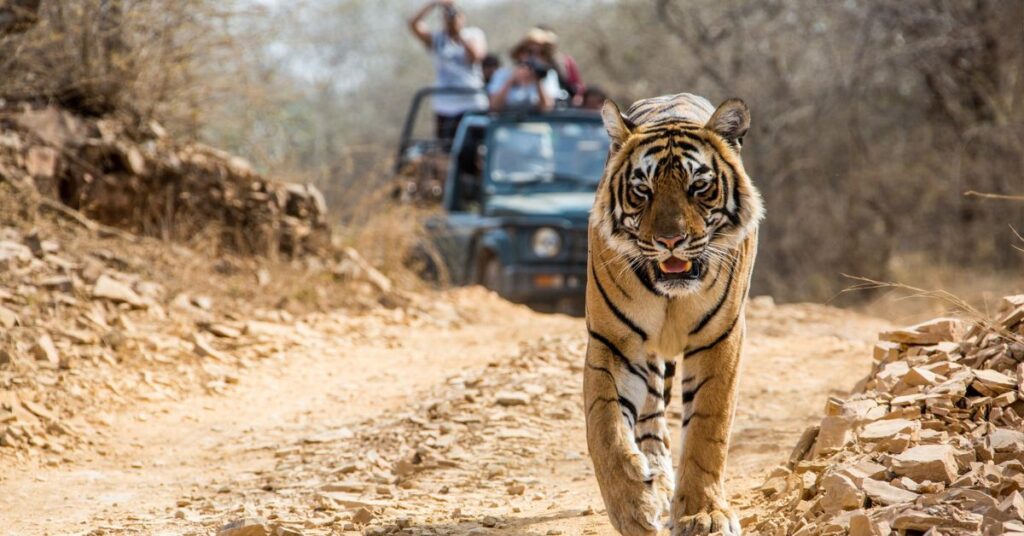
Sundarbans National Park, West Bengal
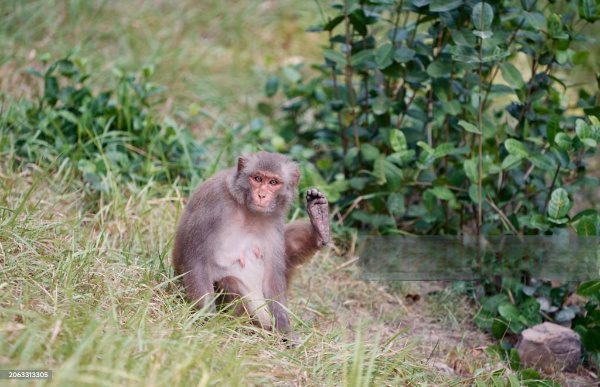
Best time to visit: November to February
The Sundarbans is a UNESCO World Heritage site and the largest mangrove forest in the world. It is one of the best places for wildlife photography in India, particularly for capturing the elusive Royal Bengal tiger and saltwater crocodiles. The unique mangrove ecosystem offers extraordinary photographic opportunities.
Photography tips:
- Use a polarizing filter to manage reflections in the water.
- Boat safaris provide the best angles for photography.
Kanha National Park, Madhya Pradesh
Best time to visit: October to June
Kanha National Park, the inspiration behind Rudyard Kipling’s “The Jungle Book,” is one of the best places for wildlife photography in India. It is known for its tiger sightings and is also home to leopards, wild dogs, and barasingha (swamp deer).
Photography tips:
- Early morning mist provides a dramatic effect.
- Focus on the eyes of the animals for captivating images.
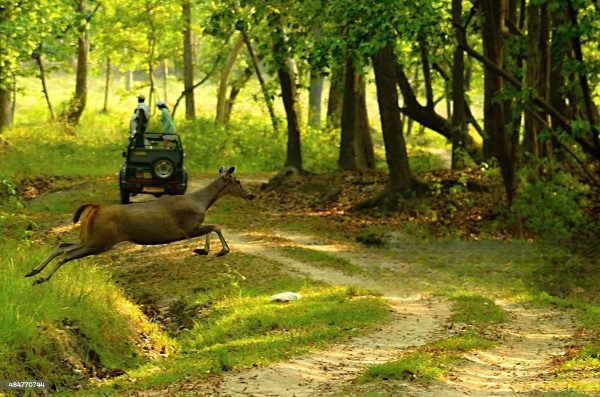
Gir National Park, Gujarat
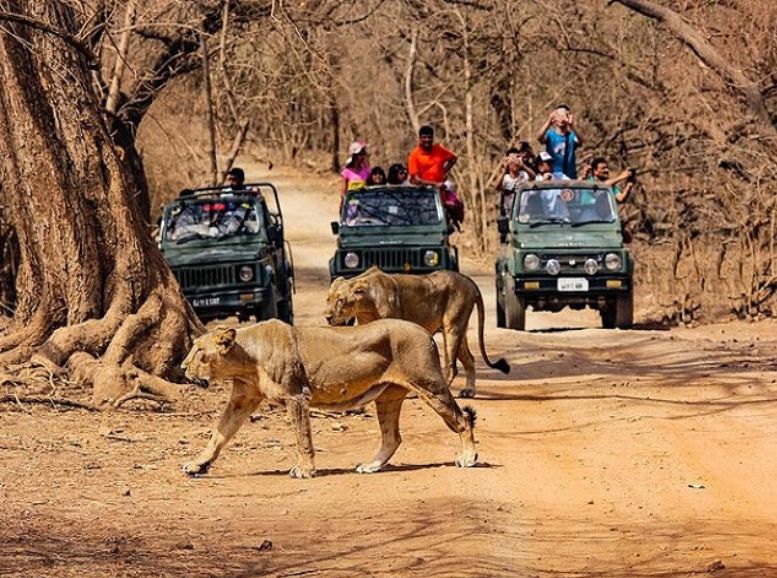
Best time to visit: December to March
Gir National Park is the only place in the world where you can see Asiatic lions in the wild, making it one of the best places for wildlife photography in India. The dry deciduous forest and rocky hills offer unique settings for wildlife photography.
Photography tips:
- Golden hours (early morning and late afternoon) offer the best light.
- Maintain a safe distance while photographing lions.
Periyar Wildlife Sanctuary, Kerala
Best time to visit: October to June
Periyar Wildlife Sanctuary, located in the Western Ghats, is one of the best places for wildlife photography in India. It is known for its elephant population and picturesque lake. The sanctuary also hosts tigers, leopards, and various bird species.
Photography tips:
- Boat safaris provide unique angles for photography.
- Use a zoom lens to capture distant wildlife.
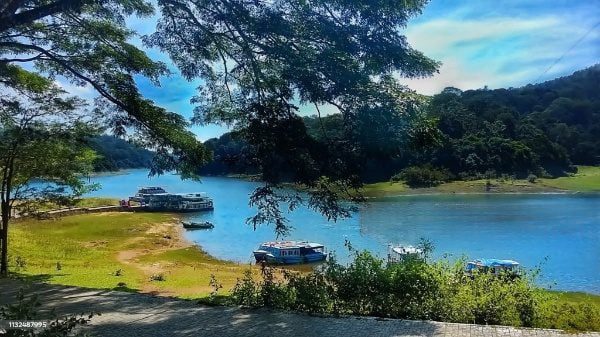
Nagarhole National Park, Karnataka
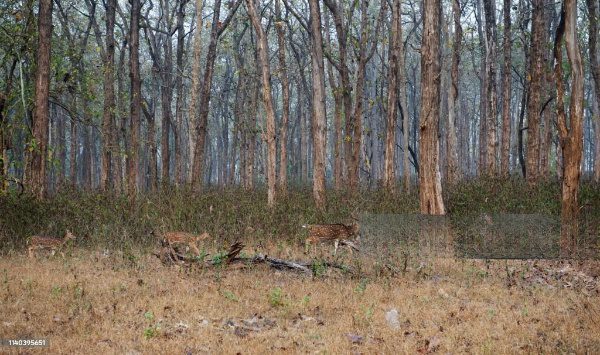
Best time to visit: October to May
Nagarhole National Park, part of the Nilgiri Biosphere Reserve, is one of the best places for wildlife photography in India. The park is known for its rich biodiversity, including tigers, leopards, elephants, and a variety of birds.
Photography tips:
- Opt for jeep safaris for better mobility.
- Use burst mode to capture fast-moving wildlife.
Tadoba Andhari Tiger Reserve, Maharashtra
Best time to visit: October to June
Tadoba Andhari Tiger Reserve is among the best places for wildlife photography in India due to its high tiger density. The park also hosts leopards, wild dogs, and sloth bears, providing ample opportunities for photographers.
Photography tips:
- Early morning safaris offer the best chances for tiger sightings.
- Carry extra batteries and memory cards for uninterrupted photography.
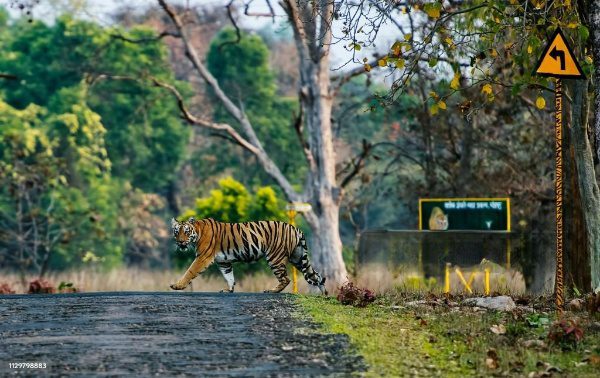
Hemis National Park, Ladakh
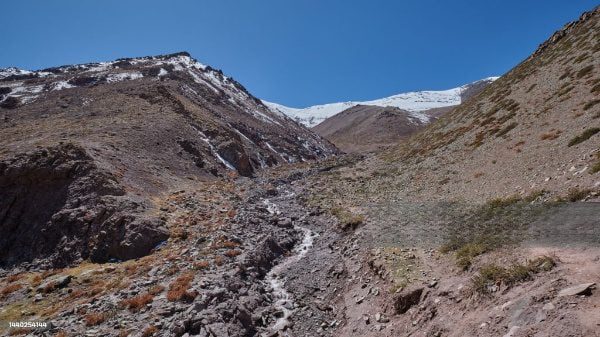
Best time to visit: May to September
Hemis is a high-altitude national park known for its unique wildlife, including the elusive snow leopard. It offers a challenging yet rewarding experience for photographers keen on capturing wildlife in the rugged landscapes of the Himalayas.
Photography tips:
- Use high-speed lenses and tripod for stability in high-altitude conditions.
- Stay patient and observant to spot the snow leopard in its natural habitat.
Dachigam National Park, Jammu and Kashmir
Best time to visit: May to August
Dachigam is renowned for its population of Hangul (Kashmir stag), an endangered species found only in this region. It’s also home to leopards, Himalayan black bear, and various bird species, offering a unique wildlife photography experience in the Himalayan foothills.
Photography tips:
- Capture the contrast of wildlife against the backdrop of snow-capped mountains.
- Use a telephoto lens to photograph elusive species like the Hangul.
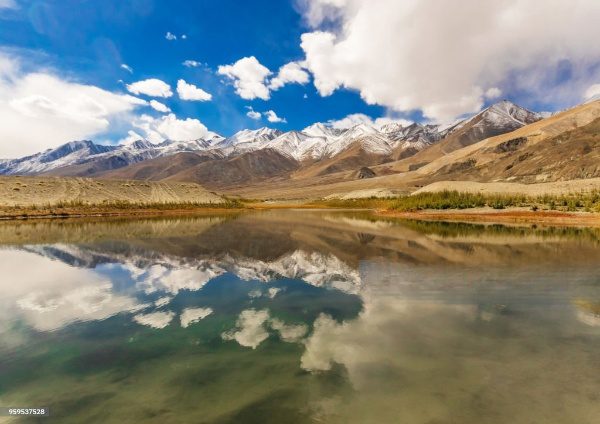
Chitwan National Park, Nepal (near Indian border)
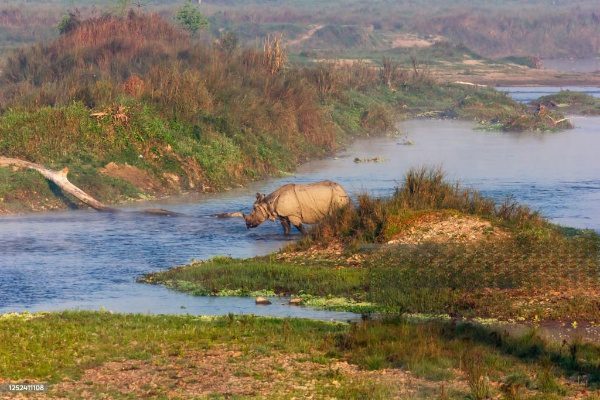
Best time to visit: October to March
Chitwan, though located in Nepal, shares its border with India and offers excellent wildlife photography opportunities. It’s famous for one-horned rhinoceros, Bengal tigers, and vibrant birdlife amidst lush forests and grasslands.
Photography tips:
- Explore the park on foot for intimate encounters with wildlife.
- Focus on capturing the diverse ecosystem, from riverside landscapes to dense forests.
Pench National Park, Madhya Pradesh
Best time to visit: October to June
Pench, located on the border of Madhya Pradesh and Maharashtra, inspired Rudyard Kipling’s “The Jungle Book.” It’s known for its tiger sightings and serene landscapes, making it a favorite among wildlife photographers.
Photography tips:
- Experiment with silhouette shots during sunset safaris.
- Capture the essence of jungle life through close-up shots of flora and fauna.
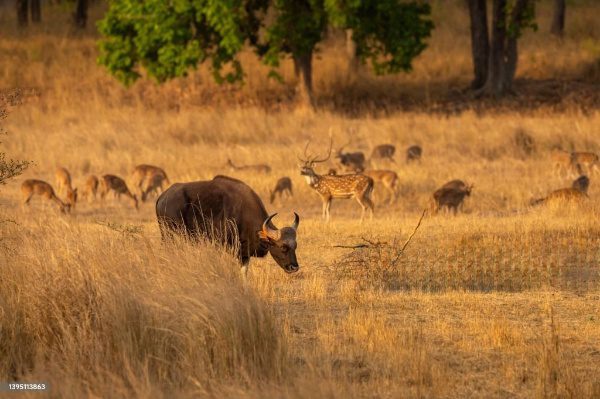
Conclusion
Finding the best places for wildlife photography in India requires research and planning. Each of these destinations offers unique landscapes and wildlife that can elevate your photography. Remember to respect the natural habitats and follow the park guidelines to ensure a safe and ethical photography experience. Whether you’re capturing the majestic Bengal tiger in Jim Corbett or the serene one-horned rhinoceros in Kaziranga, India’s wildlife reserves promise unforgettable photographic adventures. Make sure to embrace the early mornings and golden hours for the best lighting and mood. Happy shooting!
EXPLORE MORE
India’s wild heart pulsates with life, offering endless opportunities for photographers to capture its raw beauty. Remember, responsible and ethical wildlife photography is paramount. Step into the wild, respect the wilderness, and let your lens capture the magic that unfolds before you! For more travel inspiration and photography tips, visit our other blogs on xplro.com. Discover hidden gems, expert advice, and captivating stories to fuel your wanderlust and enhance your photography skills.
[ad_2]




